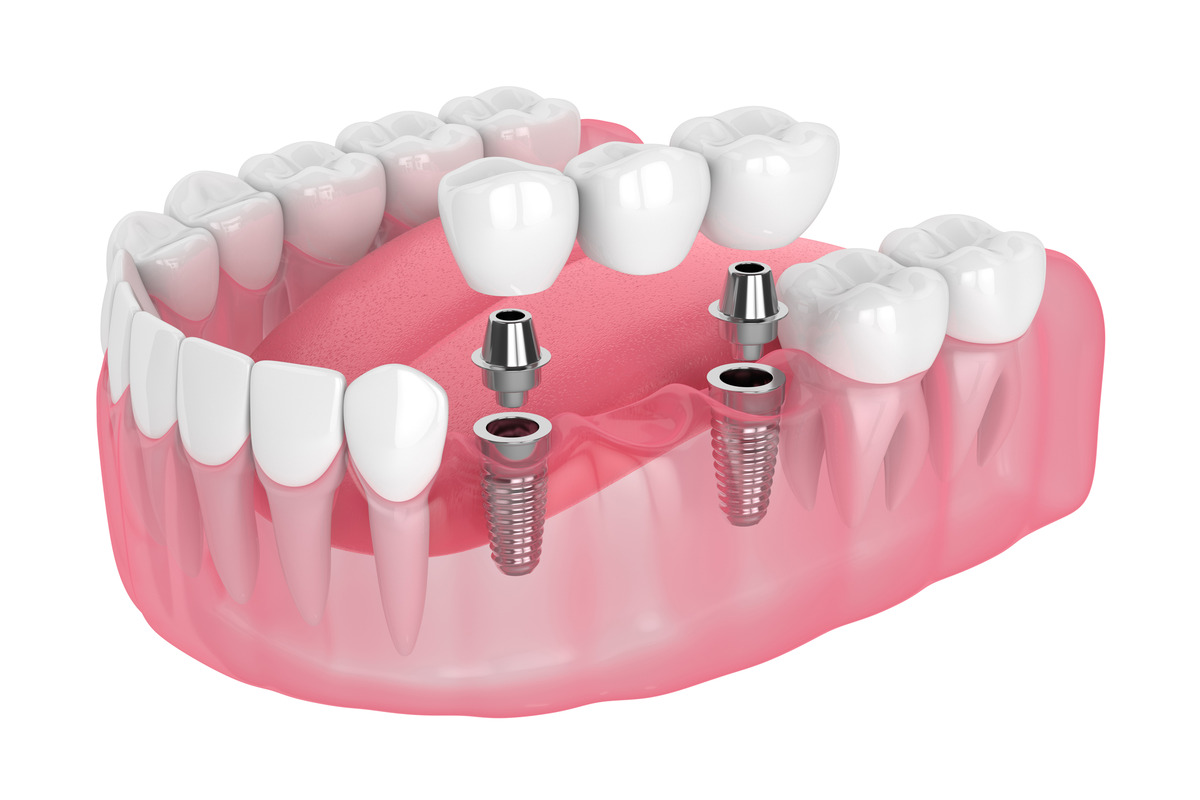You may encounter dental problems at some point. Dental crowns and bridges can help restore your smile. If you have missing or damaged teeth, these tools can bring relief. They work by preserving remaining teeth and filling gaps. A Redwood City dentist can guide you through the process. They will assess your needs and create a plan. Crowns sit on top of damaged teeth, protecting and strengthening them. Bridges fill spaces where teeth are missing, keeping your smile intact. Both procedures improve chewing and speaking. They also prevent future dental issues. Restorative dentistry is not just about looks. It’s about function and health, too. You can regain confidence and comfort with the right treatment. So, when you face dental challenges, know that crowns and bridges are effective solutions. Your oral health deserves attention and care. Reach out to a professional today.
What Are Dental Crowns?
Dental crowns cover damaged teeth entirely. They provide support and prevent further decay. Dentists use crowns when fillings are not enough. You can think of them as protective caps. They are often made from materials like porcelain or metal. Your dentist will take impressions of your teeth. This ensures the crown fits perfectly. The process involves shaping the tooth and placing a temporary crown. Later, the permanent crown replaces it. Crowns restore the original shape and size of the tooth. They play a crucial role in maintaining oral health.
What Are Dental Bridges?
Dental bridges fill gaps where teeth are missing. Missing teeth can cause other teeth to shift. A bridge stops this from happening. It consists of two or more crowns on either side of the gap. These are called abutment teeth. The false teeth, or pontics, fill in the gap. Bridges can be supported by natural teeth or implants. The result is a full set of teeth that looks natural. This procedure improves the ability to chew and speak. They are a practical solution for missing teeth.
Comparison of Crowns and Bridges
| Feature | Dental Crowns | Dental Bridges |
| Purpose | Protects damaged teeth | Replaces missing teeth |
| Placement | On existing teeth | Between existing teeth |
| Materials | Porcelain, metal | Porcelain, metal |
| Function | Restores shape and function | Prevents shifting of teeth |
| Support | Natural teeth | Natural teeth or implants |
Benefits Of Restorative Procedures
These treatments provide multiple benefits. They restore dental function and help prevent future oral health issues. Crowns and bridges improve your smile while increasing confidence. They also enhance chewing and speaking ability. Filling gaps lowers the risk of gum disease and helps maintain proper tooth alignment. Well-aligned teeth support jaw health and reduce headaches or discomfort. Choosing these procedures is a long-term investment in your overall oral well-being.
How To Care For Crowns And Bridges
Once you have crowns or bridges, proper care is essential. Brush your teeth twice a day with fluoride toothpaste. Floss daily to remove food particles and plaque. Cleaning between your teeth helps prevent decay. Use a brush with soft bristles to avoid damage. Regular dental check-ups are important. Professional cleanings remove buildup. They keep your crowns and bridges in good shape. Avoid hard foods that can crack your crowns. Sticky foods can dislodge bridges. A healthy diet supports your dental health. If you grind your teeth at night, a mouth guard may help. Protect your investment by following these care tips.
Consulting With A Professional
Consult a dentist before beginning any treatment. They will evaluate your dental health and outline the available options. Understanding your needs comes first, as the best treatment depends on your individual condition. A qualified professional can explain each procedure and answer your questions. You deserve a personalized treatment plan tailored to your needs. For trusted information, visit the American Dental Association for guidance on restorative dentistry, or the Centers for Disease Control and Prevention for dental health advice. Both sources provide accurate and valuable insights.
In conclusion, dental crowns and bridges are effective solutions for maintaining oral health. They provide functional and aesthetic benefits. By addressing dental issues, you improve your quality of life. Consult with a dentist to explore these options. Your smile deserves the best care. Take charge of your dental health today.

